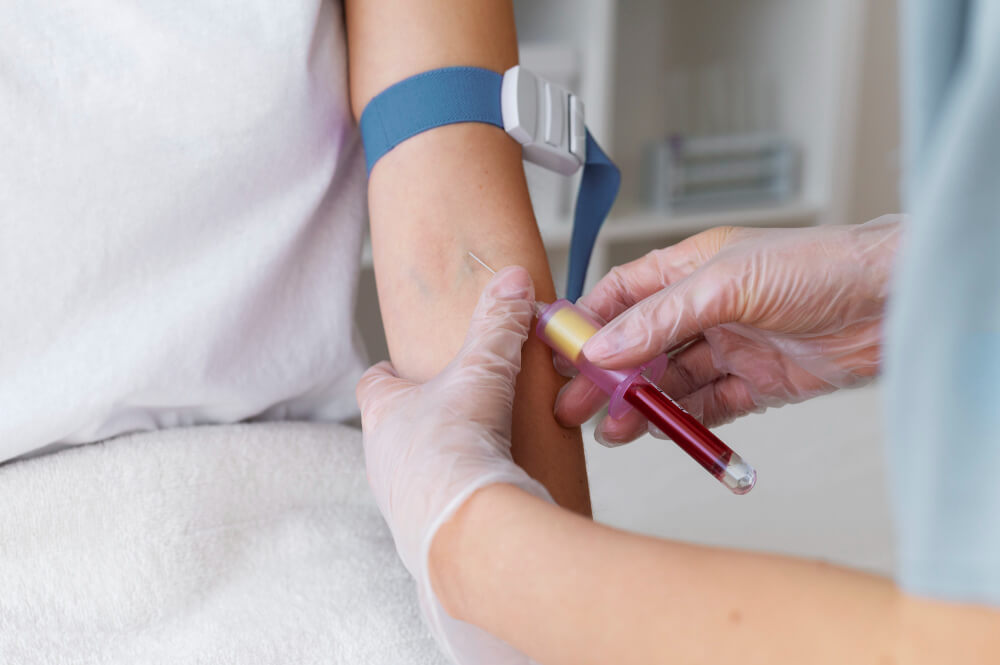Understanding the Symphony of Hormones: Navigating Imbalance and Exploring Treatment Options
Our bodies work like intricate orchestras, with hormones acting as the conductors guiding various processes. They are chemical messengers produced by glands and travel through the bloodstream, influencing everything from mood and metabolism to growth and development. When this delicate balance is disrupted, a symphony of chaos can ensue, manifesting as various symptoms and health concerns. This article delves into the world of hormonal imbalance, exploring its causes, symptoms, and treatment options, particularly focusing on hormone replacement therapy (HRT).

Deciphering the Language of Hormonal Imbalance
Hormonal imbalance can occur due to various factors, including:
- Age-related changes: As we age, our hormone production naturally decreases. In women, this often manifests during perimenopause and menopause, leading to a decline in estrogen and progesterone levels. Men may experience a gradual decrease in testosterone levels starting in their 30s.
- Medical conditions: Certain medical conditions like polycystic ovary syndrome (PCOS) in women and hypothyroidism can affect hormone production.
- Lifestyle factors: Stress, poor diet, lack of sleep, and excessive weight gain can contribute to hormonal imbalances.
- Medications: Certain medications can have unintended side effects, impacting hormone levels.
Recognizing the Signs of Discordance: Symptoms of Hormonal Imbalance
The symptoms of hormonal imbalance can vary depending on the specific hormone(s) affected and can be subtle or pronounced. Some common signs include:
For women:
- Irregular periods or amenorrhea (absence of periods)
- Hot flashes and night sweats
- Vaginal dryness and discomfort
- Mood swings, irritability, and anxiety
- Difficulty sleeping
- Decreased libido
- Weight gain or difficulty losing weight
- Hair loss or thinning
- Difficulty concentrating
- Breast tenderness
For men:
- Low libido and erectile dysfunction
- Decreased energy and fatigue
- Mood swings and irritability
- Muscle loss and increased body fat
- Breast enlargement (gynecomastia)
- Sleep problems
- Difficulty concentrating
- Hair loss or thinning
Seeking Harmony: Diagnostic Measures and Treatment Options

If you suspect a hormonal imbalance, consulting with a healthcare professional is crucial. They will conduct a thorough evaluation, including:
- Medical history review: Discussing symptoms, health concerns, and medications.
- Physical examination: Checking for any physical signs of hormonal imbalance.
- Blood tests: Measuring hormone levels in the blood.
Based on the evaluation results, your doctor will discuss treatment options tailored to your specific needs and concerns. Here’s an overview of some treatment approaches:
Hormone Replacement Therapy (HRT): Restoring Balance
HRT is a common treatment option for individuals experiencing symptoms due to hormonal decline, particularly during perimenopause, menopause, and andropause (male menopause). It involves replacing or supplementing the missing hormones:
- Women: HRT typically involves either estrogen alone or a combination of estrogen and progesterone. It can be delivered in various forms, such as pills, patches, creams, gels, and vaginal rings.
- Men: Testosterone replacement therapy (TRT) involves administering testosterone through patches, gels, injections, or pellets.
HRT can effectively alleviate various symptoms associated with hormonal imbalance, improving quality of life. However, it’s important to discuss the potential benefits and risks of HRT with your doctor, as it’s not suitable for everyone.
Exploring Alternative Approaches to Hormonal Balance
While HRT can be a valuable tool, some individuals may prefer alternative approaches or might not be suitable candidates for HRT due to medical history or personal preferences. Here are some additional options to consider:
- Lifestyle modifications: Maintaining a healthy weight, eating a balanced diet, managing stress, and getting enough sleep can significantly impact hormonal health.
- Dietary supplements: Some natural options, like evening primrose oil and flaxseed, may offer mild symptom relief, but it’s crucial to consult with your doctor before using them.
- Complementary therapies: Acupuncture, yoga, and mindfulness techniques can help manage stress and improve overall well-being, potentially alleviating some symptoms related to hormonal imbalance.
Creating a Symphony of Wellbeing: Finding the Right Treatment Path
Finding the right treatment for hormonal imbalance is not a one-size-fits-all solution. It’s a collaborative journey between you and your healthcare professional, considering your individual needs, concerns, medical history, and preferences. Open and honest communication with your doctor is key to navigating treatment options and achieving optimal hormonal health.
Concluding Notes: A Balanced Life with Informed Choices
Understanding hormonal imbalance and its potential impact on your health empowers you to advocate for your well-being. While HRT is a valuable tool for many, exploring various treatment options and discussing them openly with your doctor
